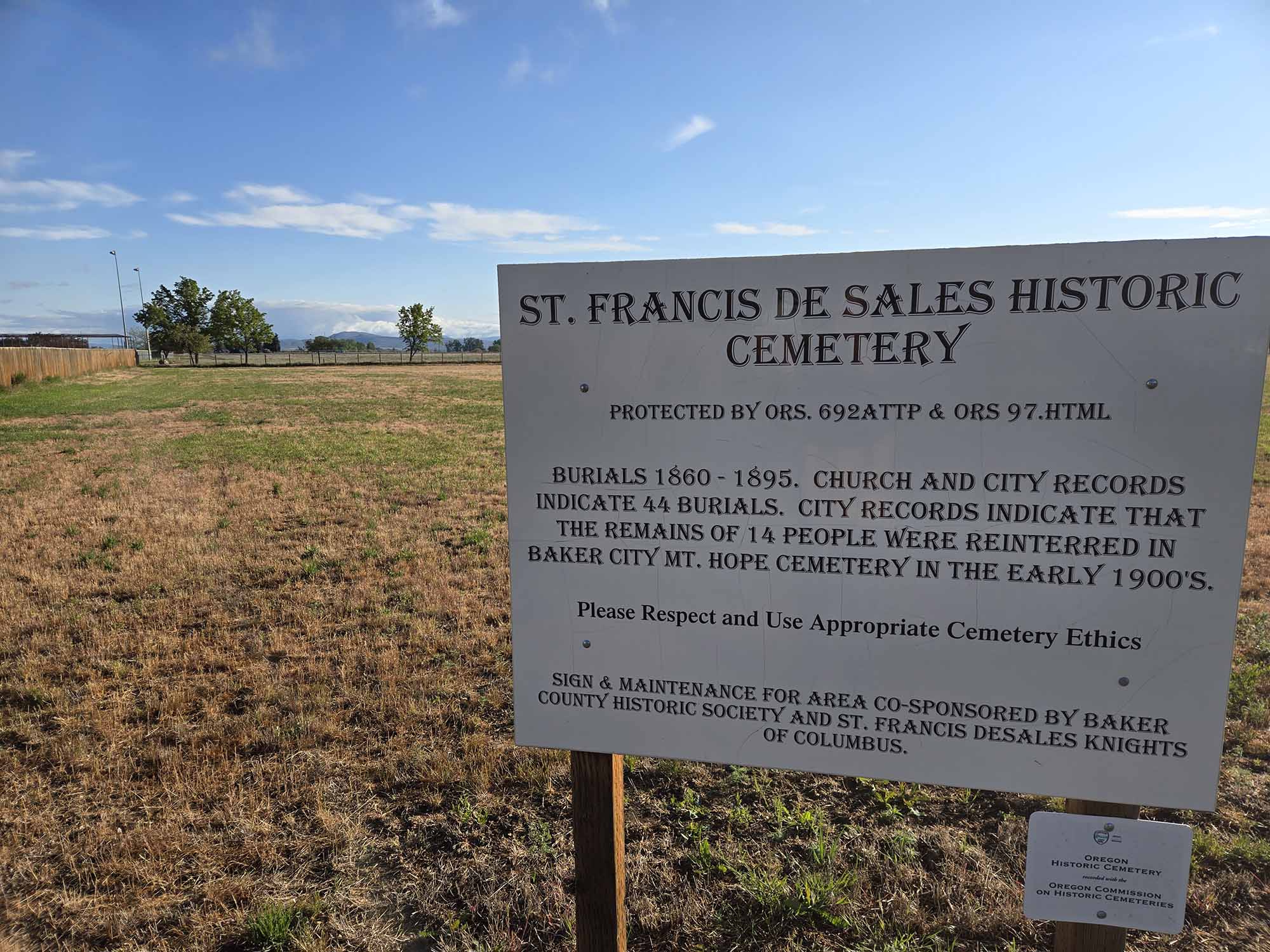COLUMN: Fighting words and the power of politicians
Published 1:47 pm Friday, February 26, 2021
I learned at least one thing from the second impeachment trial of former president Donald Trump.
Trending
Politicians say “fight” a lot.
Not as frequently as is implied by the edited recording that Trump’s lawyers played in the Senate, to be sure, a stitched together litany of sound snippets that is the audio equivalent of a migraine.
But politicians utter that bellicose word pretty often just the same.
Trending
I suppose, with the benefit of hindsight, that I knew this even before I was bombarded by the word while listening to the impeachment trial.
Politicians have for many decades — centuries, even — borrowed heavily from the military lexicon to describe their bloodless engagements.
They speak not only of fighting — for constituents and against the cretins in the other party, commonly — but also of their legislative battles and the wars they wage against such implacable foes as poverty, racism and drugs.
We’ve heard this martial language so often that we’re numb to how inappropriate it is to compare, even implicitly, a debate on the House or Senate floor to rushing a machine gun nest or enduring an artillery barrage.
(The same could be said for sports, come to that.)
But our ears perk up when that familiar word, “fight,” is implicated in a historic invasion of the U.S. Capitol.
Among the phrases Trump uttered during his now infamous speech on Jan. 6 was “fight like hell.”
This particular fight, of course, was against what Trump continues to insist was an unfair — indeed, a “stolen” — election.
And it’s beyond dispute that the people who defiled the Capitol were motivated largely by their belief, shared with and encouraged by Trump, that Joe Biden’s victory was illegitimate.
But the question put to senators involved quite a different matter.
Was Trump, by dint of that speech, responsible for the ugly scene at the seat of American legislative power?
Except it seems to me that the charge against Trump was even more specific than that.
As I listened to the representatives who presented the case for conviction in the Senate, it struck me that what they were actually alleging is that had Trump not spoken publicly on Jan. 6, it is all but inconceivable to imagine that anyone would have illegally entered the Capitol.
To agree with this premise you must conclude, obviously, that Trump’s influence over his acolytes is extraordinary powerful.
But that’s not even the whole of it.
To concede that the House managers proved their case against Trump, you also have to be convinced that he and his supporters have developed a rapport so strong, and so sophisticated, that his most faithful supporters can discern between the former president’s actual marching orders — to belabor the military analogy — and when Trump is merely trying to confound his critics.
I make a distinction here between “most faithful” supporters and the rest because I think it’s a crucial one, perhaps the most crucial in this entire sordid affair.
Recall that of the many thousands of people who watched Trump speak on Jan. 6 and who later gathered at the Capitol, the Capitol Police estimated that about 800 actually entered the building.
During that speech, one of Trump’s more specific statements about the impending rally was this: “I know that everyone here will soon be marching over to the Capitol building to peacefully and patriotically make your voices heard.”
The Associated Press, in a disturbingly subjective exercise in “fact-checking,” describes that statement as a “passing remark, lost in the winds of that day’s rage.”
The AP’s description of the remark being “lost” makes no sense, considering that Trump made it before the “rage” which generated such a zephyr, according to this possibly unprecedented poetic indulgence by the normally staid AP.
I find the adjective “passing” inapt, too.
Trump focused much of his speech on his allegations of election fraud, not on the impending rally at the Capitol.
But when he did cite the rally specifically, he also used an adverb with a precise meaning: “peacefully.”
And of course a majority of protesters complied.
I suppose it’s conceivable that that majority either didn’t recognize Trump’s call for violence, coded though it was (except, apparently, to the discerning listeners at the AP), or else they lacked the fortitude of the criminals.
But the far more plausible explanation is that the greater number of people did what Trump called on them to do — to make their voices heard, and “peacefully.”
I’m not suggesting, of course, that the cretins who barged into the Capitol and killed a police officer weren’t also in thrall of Trump’s simplistic and bombastic rhetoric.
But if this ugly episode is to have the laudable effect of tempering militant political speech, then Trump’s critics, both among politicians and the media, need to muster at least a credible attempt at even-handedness.
Politicians ought to consider how often they employ “fight” or its synonyms in their own rhetoric.
One of the House impeachment managers, Rep. Madeleine Dean of Pennsylvania, kept count, noting that Trump said either “fight” or “fighting” 20 times during his speech.
(The AP’s fact-checkers, proving themselves as handy with a calculator as with a thesaurus, proclaimed Dean’s tally as accurate. I presume none of those 20 references could be considered “passing,” or prone to being lost in winds of rage.)
I understand that the attack on the Capitol is, fortunately, unique.
And it was Trump’s supporters who committed the dastardly acts on Jan. 6, not the lackeys of a Democrat who also speaks occasionally of “fighting” for or against something.
But that reality is a flaccid reason to excuse other politicians, regardless of party, for resorting to potentially inciteful language.
It’s nonsensical to believe that among all political leaders, Trump alone has the oratorical authority that induces his followers to commit crimes — especially when, during the speech in question, he unequivocally endorses a peaceful demonstration.
To conflate his rhetoric, obnoxious though it so often is, with a Mansonesque omnipotence is to indulge in the worse sort of partisan fantasy.
Jayson Jacoby is editor of the Baker City Herald.








